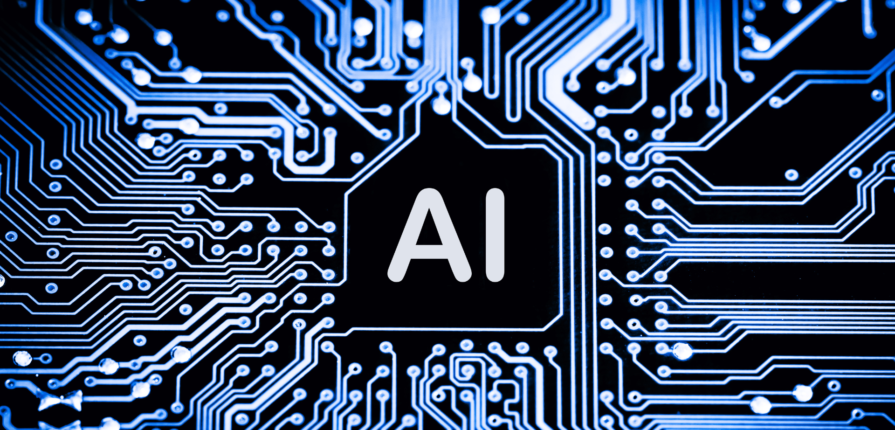The future of AI and mobile notary services holds exciting possibilities as technology continues to advance. Here are some potential trends and developments in this space:
1. AI-Assisted Document Verification:
- AI can play a significant role in automating the verification process of identity documents. Advanced algorithms can analyze and authenticate various types of identification, enhancing the security and efficiency of notary services.
2. Blockchain Integration:
- Blockchain technology offers the potential to create tamper-proof, secure, and transparent records. Integrating blockchain with mobile notary services can enhance the authenticity and traceability of notarized documents.
3. Remote Online Notarization (RON):
- The trend towards remote online notarization is likely to continue, allowing individuals to complete notarization processes from anywhere using secure online platforms. AI can assist in identity verification during remote notarization.
4. Natural Language Processing (NLP):
- AI-powered chatbots and virtual assistants equipped with NLP capabilities can handle customer inquiries, guide clients through the notarization process, and provide assistance in understanding complex legal language within documents.
5. Enhanced Security Measures:
- As the importance of secure transactions increases, AI can contribute to implementing advanced security measures, including biometric authentication, facial recognition, and multi-factor authentication, ensuring the integrity of notarized documents.
6. Improved User Experience:
- AI can enhance the overall user experience by providing intuitive interfaces, personalized guidance, and automated reminders for notary appointments. This can streamline the notarization process and reduce the likelihood of errors.
7. Integration with Ecosystems:
- AI can facilitate seamless integration between mobile notary services and other ecosystems, such as real estate platforms, financial institutions, and legal services. This integration can create more efficient end-to-end processes for various industries.
8. Continued Legal and Regulatory Developments:
- The future of AI-powered mobile notary services will also be influenced by ongoing legal and regulatory developments. Governments may establish standards and regulations regarding the use of AI in notarization to ensure security, privacy, and compliance.
9. Enhanced Document Analysis:
- AI algorithms can improve the analysis of complex legal documents, helping notaries identify critical information and potential issues. This can contribute to greater accuracy and efficiency in the notarization process.
10. Increased Accessibility:
- AI-driven mobile notary services can enhance accessibility for individuals with disabilities. Voice recognition, screen readers, and other accessibility features can make notarization services more inclusive.
While these trends present exciting opportunities, it’s important to address potential challenges related to security, privacy, and regulatory compliance. The evolution of AI and mobile notary services will likely be shaped by a combination of technological advancements, market demands, and legal frameworks.




Recent Comments